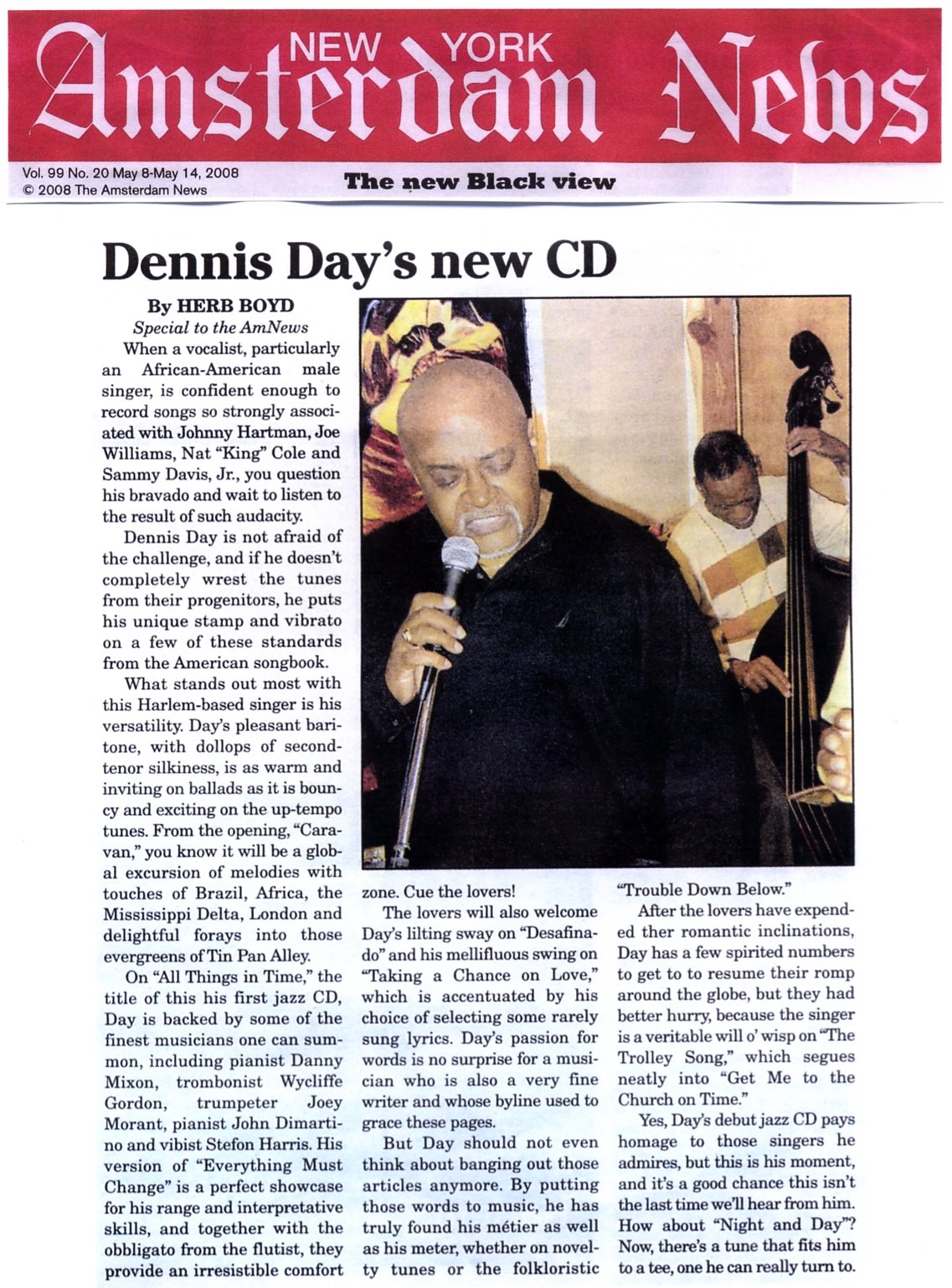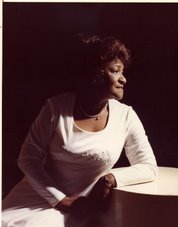Several weeks ago, I posted a statement on my Facebook page concerning my personal displeasure regarding the Lyceum Theatre’s production of Scottsboro Boys currently playing on Broadway. In fact, after seeing the play, I felt compelled to conduct my own un-scientific straw poll among the nine members of the racially diverse group whom attended the play along with me. I was even emboldened to randomly poll the views of a half dozen males, all baby boomers, I was able to button hole beneath the Lyceum’s marquis eliciting their candid opinions of the play. Among both groups of theatergoers there were strong objections or feelings of uneasiness about employing minstrelsy with young black men in blackface as a vehicle to embellish such a serious historical issue. A white middle-aged male respondent suggested the show was on a slippery-slope, tantamount to some Jewish critiques toward a perceived aggrandizing of the Nazi parody employed in the play The Producers reference to Spring-Time for Hitler.
Apparently the Scottsboro Boys affair is a topic that after eighty years still evokes the ire of many African Americans and minorities. Despite a brilliant cast of young song and dance men all of whom deliver valiant high energy performances as they try engaging their audience, the historical and moral challenges posed by the productions’ script and artistic conceptualization saps the plays energy as the show struggles to balance it’s intended entertainment value with it's desired result of presenting a work of genuine redeeming social value.
The net result, a palpable uneasiness too intense for comfort levels among many unfamiliar with the Scottsboro Boys’ narrative; a sad saga of nine young men denied justice, wrongfully imprisoned for years, robbed of their youth after being falsely accused of raping two white women in the Jim Crow south. Their story ultimately changed the American system of jurisprudence and jury selection procedures. But one of the most egregious miscarriages of American justice represented by their youthful suffering remains a painful chapter for America and based upon growing reaction, particularly so within the African American community.
Subscribe to:
Post Comments (Atom)












No comments:
Post a Comment